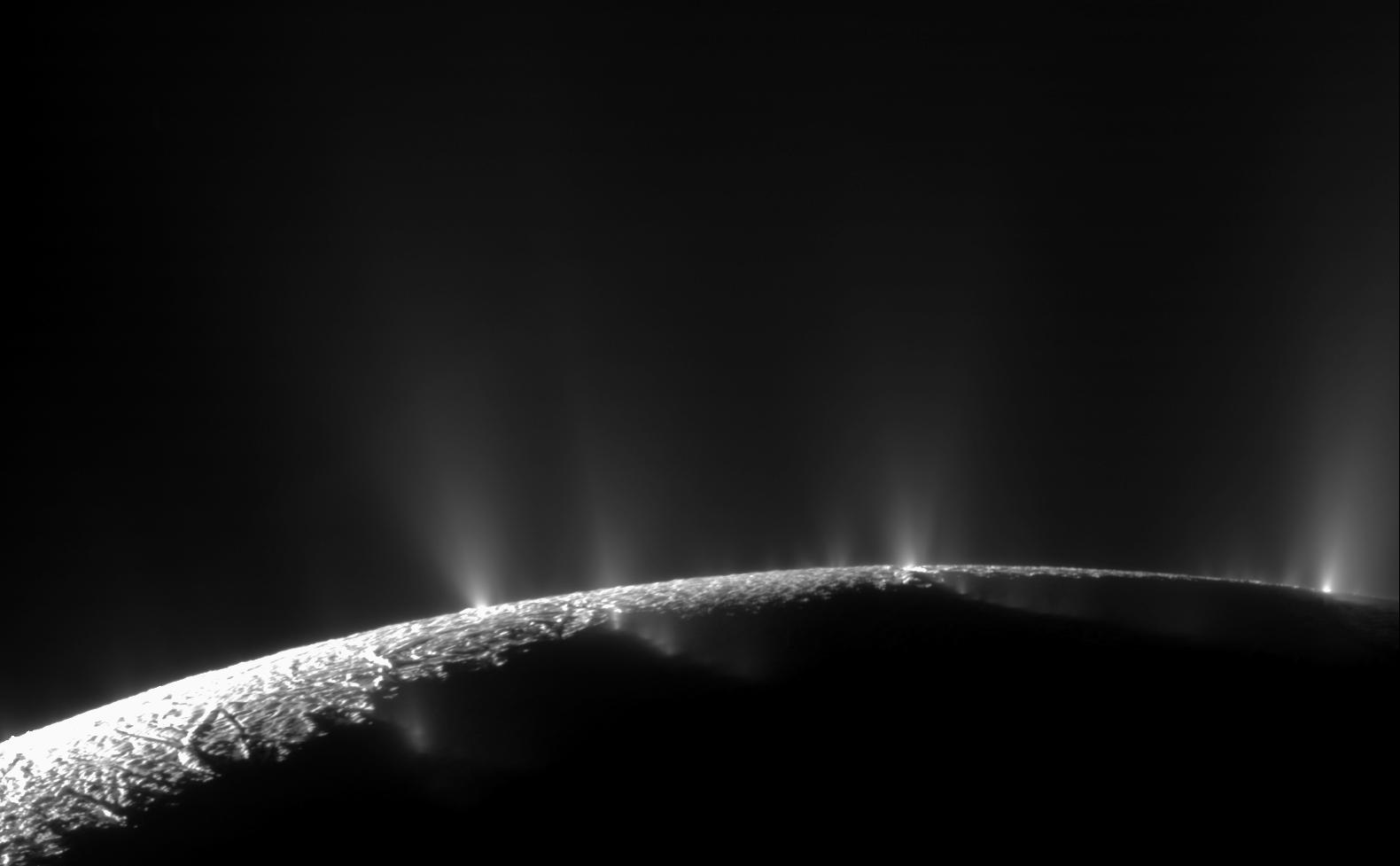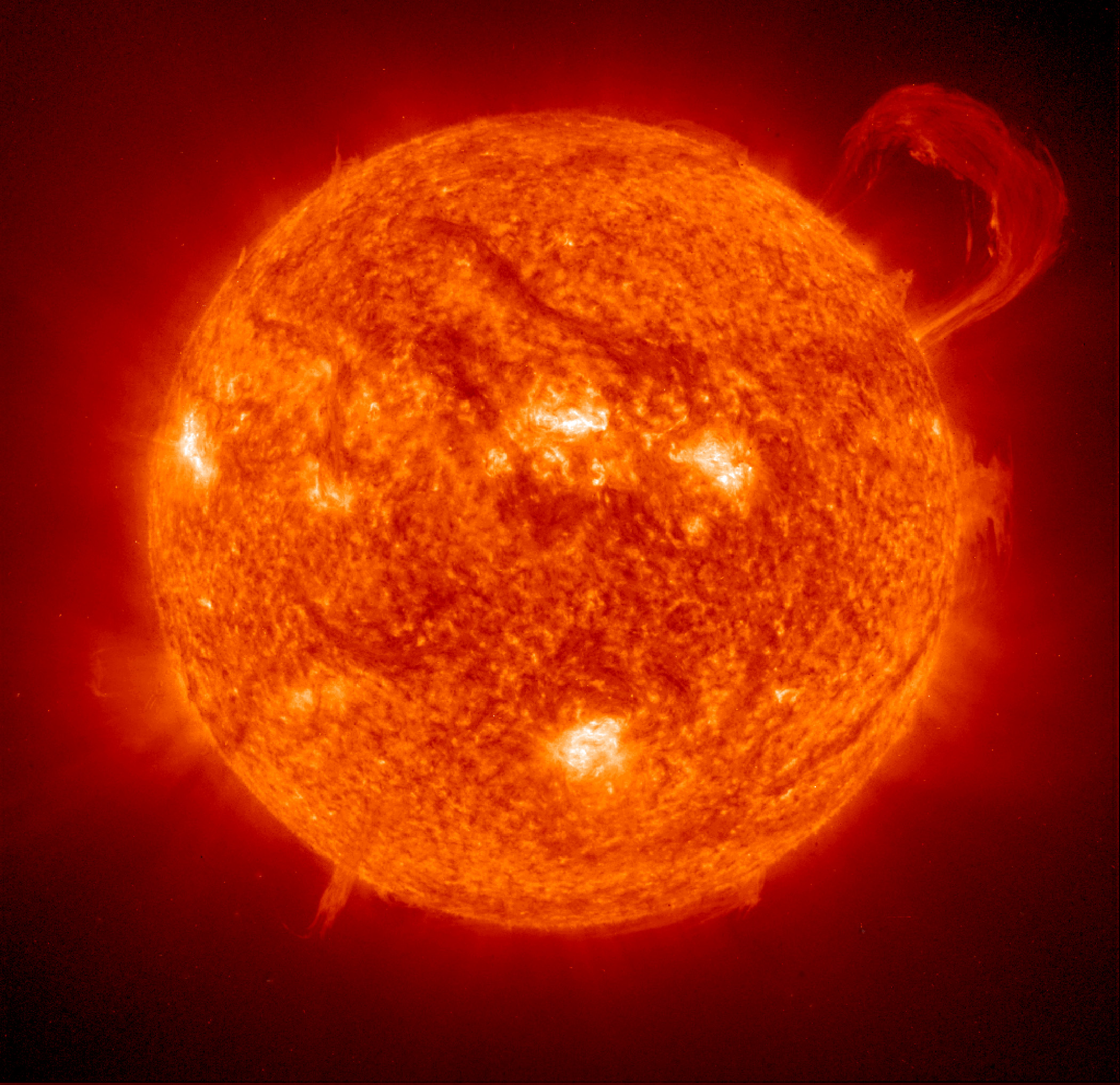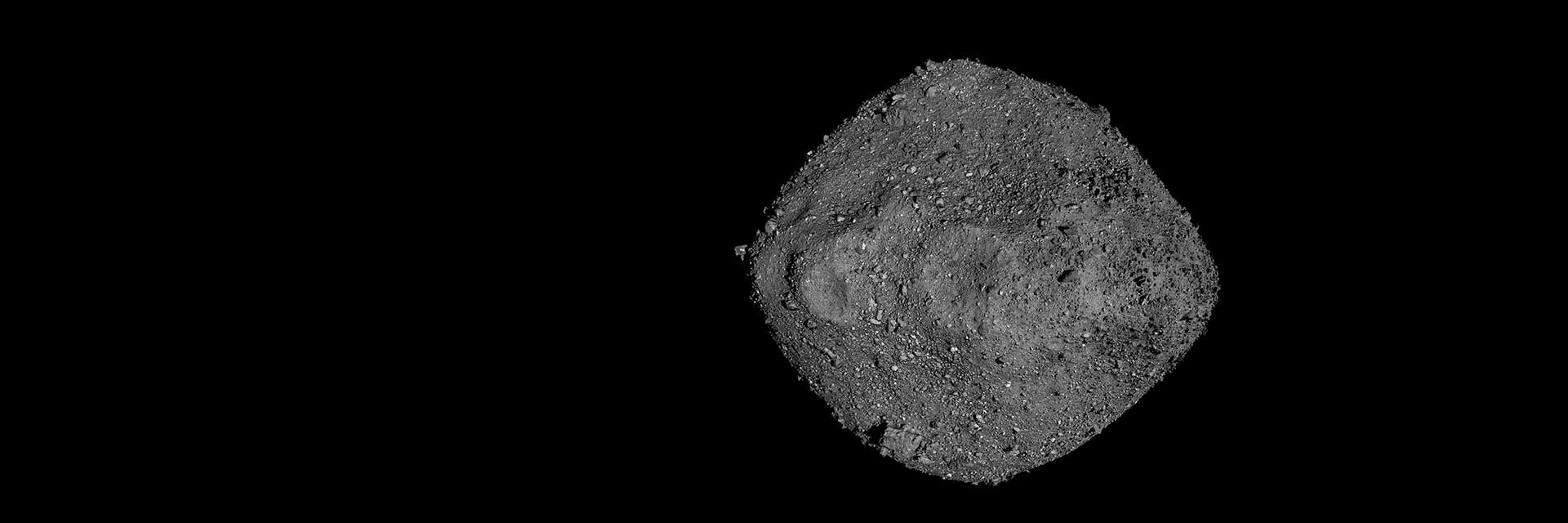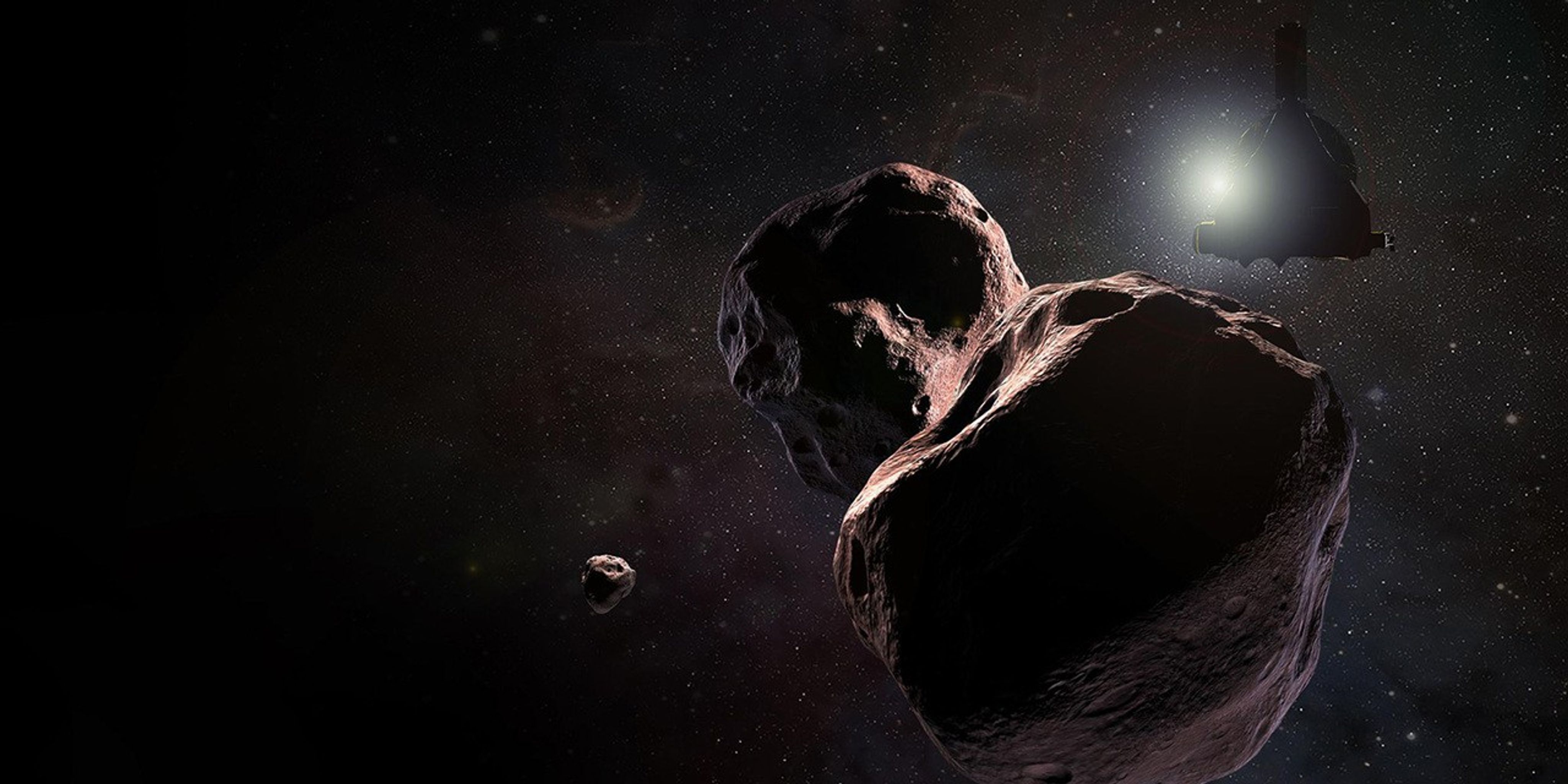4 min read
Cassini Significant Events 07/09/08 - 07/15/08
July 17, 2008
(Source: NASA/JPL/Space Science Institute)
The most recent spacecraft telemetry was acquired on July 15 from the DSN tracking complex at Goldstone, California. The Cassini spacecraft is in an excellent state of health and all subsystems are operating normally. Information on the present position and speed of the Cassini spacecraft may be found on the "Present Position" page at: http://saturn.jpl.nasa.gov/operations/present-position.cfm.
Wednesday, July 9 (Day of Year (DOY) 191):
A Spacecraft AACS Periodic Engineering Maintenance (PEM) occurred July 9, 2008. Performed every 90 days, this activity exercises the Engine Gimbal Actuators and the back-up Reaction Wheel Assembly (RWA) #3. In the RWA exercise, the wheel is commanded to +100 rpm, -100 rpm, 0 rpm, then turned off.
Composite Infrared Spectrometer (CIRS), Imaging Science (ISS), and Visual and Infrared Mapping Spectrometer (VIMS) teams have concurred with Science Planning that the DOY 196 and DY 202 Live Inertial Vector Propagator (IVP) update should occur, so the sequence leads cancelled the Go/No-Go meeting scheduled for today and are proceeding with generating the Live IVP Update sequence products.
It has been confirmed that the spacecraft has received the V12.2 update to Cosmic Dust Analyzer (CDA) Flight Software (FSW). Following that confirmation, commands were sent modifying the Science and Engineering Rate-2 (S&ER) data collection rate that will support this new version of instrument FSW, and for the DOY 194 FSW checkout, and DOY 196 ring plane crossing demonstration.
Thursday, July 10 (DOY 192):
The Instrument Operations Multi-Mission Image Processing Laboratory experienced two hardware glitches on mipl8, the multi-mission server which hosts Cassini's database essential for automation, product generation, and data delivery functions. The first problem caused by a disk controller failure occurred Thursday at 3:20 pm. Services were restored by 11:00 pm that night. The second problem caused by a spontaneous reboot occurred at 10:50 pm Friday. All services were restored by Saturday at 1:00 am. Both incidents required significant off-shift support. Thanks to team support and dedication, Cassini was able to resume processing and satisfy all product delivery performance requirements in this period despite the hardware issues.
Friday, July 11 (DOY 193):
The files for both the DOY 196 Saturn/Janus/Rhea/Mimas live update and the DOY 202 Saturn/Dione live update were uplinked to the spacecraft today. All files have been registered and activated on board. They currently await their absolute start time to begin execution.
JPL is now using the micro-blogging site "Twitter" to give regular updates about its missions. For Cassini, the user submits a question or message and members of the flight team respond from the perspective of the spacecraft. If you go to the following link, you can subscribe to the Cassini Mission updates by clicking "follow" and can review some of the messages sent by the "spacecraft" thus far:
http://twitter.com/CassiniSaturn
Monday, July 14 (DOY 196):
Non-targeted flybys occurred today of Daphnis, Prometheus, and Pallene.
As the spacecraft approaches periapsis, CIRS leads a series of joint Optical Remote Sensing (ORS) icy satellite observations. The targets include Janus, an Enceladus solar eclipse, and a Rhea solar eclipse. Just prior to periapsis, the Ultraviolet Imaging Spectrograph (UVIS) observes the ingress of a solar occultation of Saturn, is followed by VIMS taking high-phase images of the rings, which in turn is followed by UVIS observing the Saturn solar occultation egress. After periapsis, CIRS turns the spacecraft's attention to a solar occultation of Mimas with the other ORS instruments riding along. ISS and VIMS wrap up the day imaging Saturn's south polar vortex.
A new JPL blog features scientists and engineers who will offer insights into their areas of expertise - ranging from Mars, Saturn and other solar system bodies to the universe beyond. Meet Cassini Equinox Mission Project Scientist Bob Pappalardo in the first blog entry on July 14. http://blogs.jpl.nasa.gov/
Tuesday, July 15 (DOY 197):
A non-targeted flyby of Titan occurred today.
At the weekly Operations Status and Coordination Meeting, members of the CDA instrument team reported that last Friday's instrument checkout went just fine. At this time they are waiting for the playback of yesterday's ring plane crossing demonstration to be able to analyze the results. If all goes well, files for two additional tests will be uplinked in the upcoming week.







